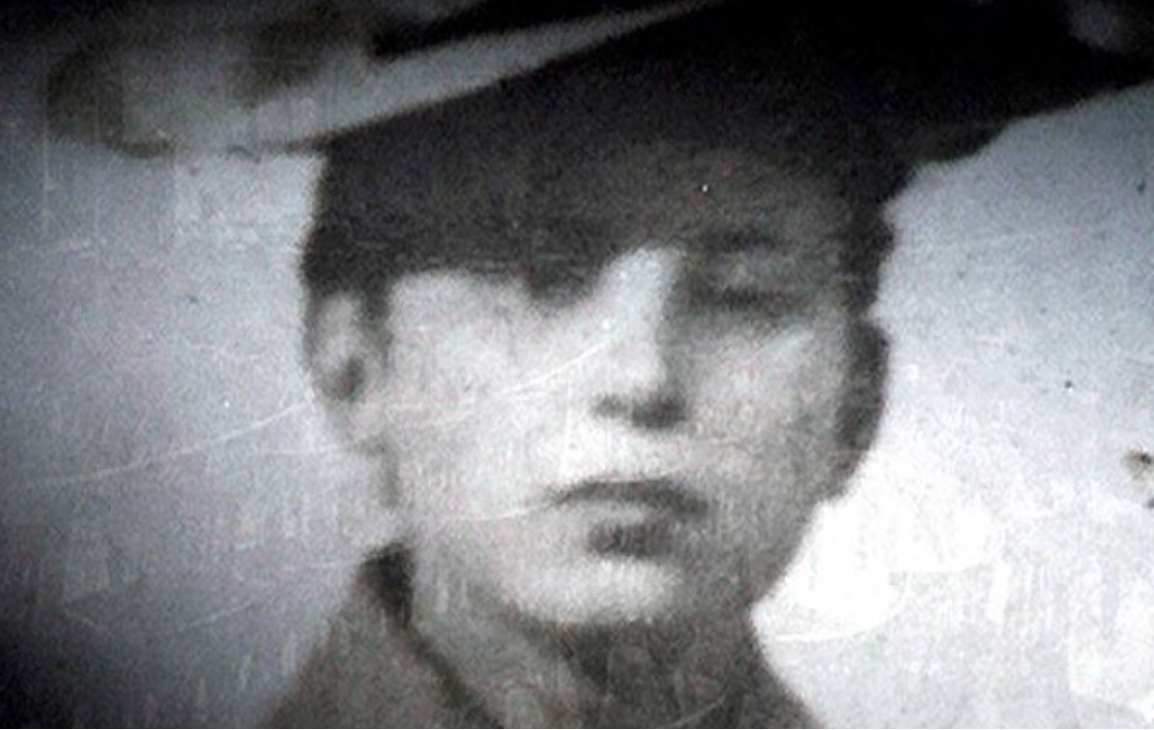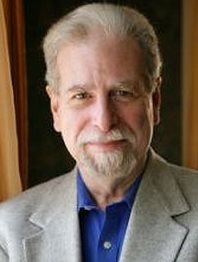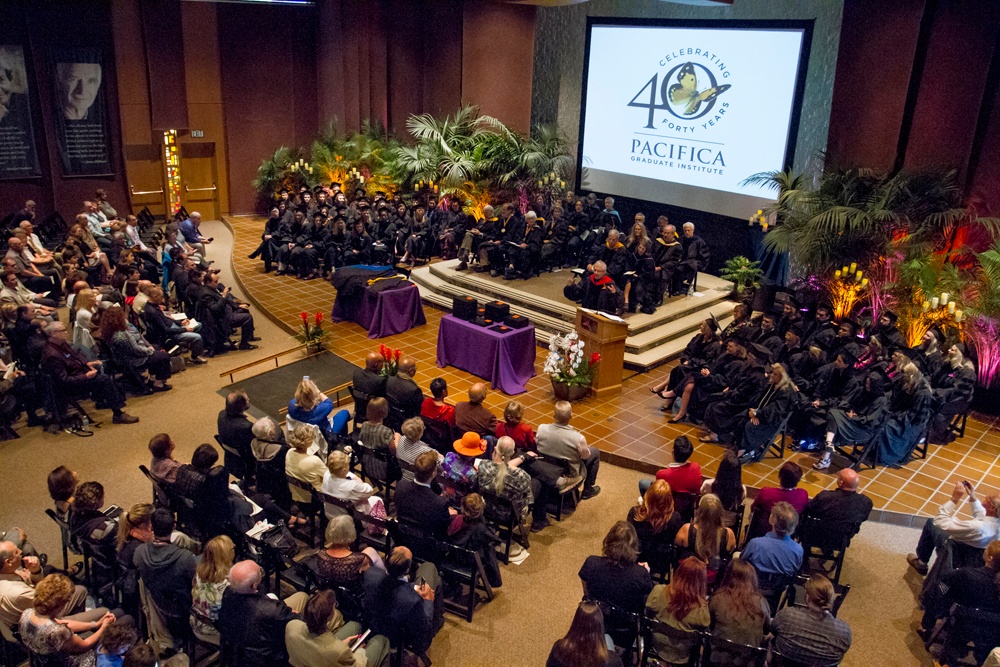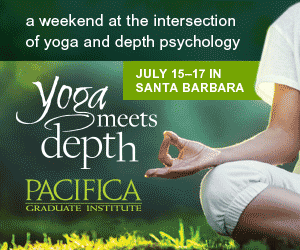A Guest Post by Bonnie Bright, Ph.D.
“The body is merely the visibility of the soul, the psyche; and the soul is the psychological experience of the body” —C.G. Jung
“Yoga is most often understood as the union of the individual with the transcendental self, with what Jung terms the Self.” —Judith Mills
In recent years, the practice of yoga has made headlines in the mainstream media as parents in U.S. school districts challenged its inclusion in the curriculum at public schools, insisting it amounts to religious indoctrination and that it violates religious freedom.[1] In the U.S. today, while mainstream yoga is largely focused on physical poses and breath work, historically it evolved over millennia in the context of the spiritual and religious traditions of India. As such, it is not a religion, but rather a philosophy that enables mindfulness and a sense of well-being, among other benefits. No matter where you fall in the debate on whether—and where—it should be taught to children, practitioners of depth psychology and those seeking positive transformation appreciate yoga for its powerful potential to heighten spirituality and increase consciousness.
C.G. Jung, who valued yoga for its evidence-based experiential approach, perceived “important parallels” with psychoanalysis. He made a comprehensive study of yoga, delivering multiple lectures over the course of several years focusing on a psychological interpretation of kundalini yoga. He asserted that as yoga, being the oldest practical philosophy of India, is the mother of psychology and philosophy (which are one and the same thing in India) and therefore the foundation of everything spiritual.[2]
Yoga, meaning union in Sanskrit, seeks to create awakening through somatic experience, cultivating states that connect us more wholly with something larger than our ego selves—the ground of being, the web of life, or what Jung termed the “Self”—effecting a transmutation of consciousness that stems from attention to inner experience. The experiential, embodied practice puts us in touch with our physical being and grounds us more fully in the earth, anchoring us to something immutable, even as our breath and movement serve to make us more consciously aware and to shift inherent patterns and blocks we may be experiencing.
“Yoga teachers are well aware of how the practice of yoga brings awareness through the layers of the body, often dredging up previous traumas and somatic awakenings,” Cheri Clampett, who is a certified yoga therapist with over 25 years of teaching experience, and the co-author of The Therapeutic Yoga Kit confided. “When these two complimentary fields come together, they offer deep avenues of healing for the soma and psyche.”
Read More













